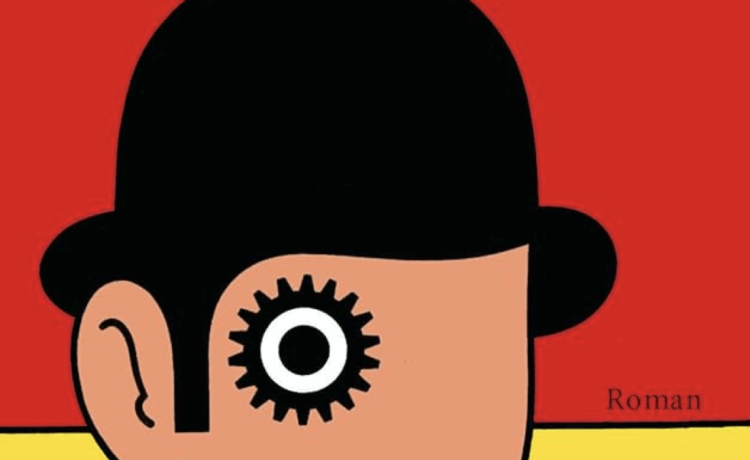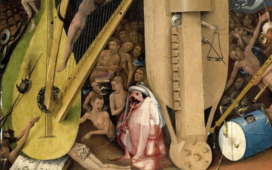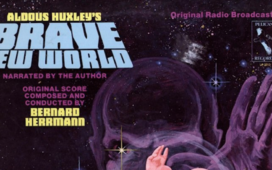If you happen to be a high school student in Florida who’s eager to read A Clockwork Orange, that urge may turn out to be harder to satisfy than you imagine. Anthony Burgess’ harrowing, linguistically inventive novel of a grim near future has come out on top in PEN America’s latest ranking of banned books: that is, books removed or prevented even from entering public school libraries, most commonly in the state of Florida, with Texas and Tennessee as runners-up. Further down the list appears another widely known dystopian saga, Margaret Atwood’s The Handmaid’s Tale; Toni Morrison’s tale of Depression-era race relations The Bluest Eye; and even such long-popular “young adult” standards as Judy Blume’s Forever… and Stephen Chbosky’s The Perks of Being a Wallflower.
Since its publication in 1962, “A Clockwork Orange has faced multiple book banning attempts due to the sexual violence it depicts,” says Carnegie Mellon University’s Banned Books Project. “In 1973, a bookseller in Orem, Utah, was arrested for selling the novel along with two other ‘obscene’ books.”
Bans followed “in 1976 in Aurora, Colorado, in 1977 in Westport, Connecticut, and in 1982 in Anniston, Alabama. As recently as 2019, members of the Florida Citizens Alliance” — in yet another example of the surprising tendency toward cultural authoritarianism in the Sunshine State — “have lobbied to ban the book along with almost one hundred other ‘pornographic’ novels.”
The notoriety of A Clockwork Orange in this regard probably owes something to the steely luridness of Stanley Kubrick’s film adaptation, which was banned in England by Kubrick himself. It makes, in any case, for an ironic object of a book ban, given its themes. Burgess was inspired to write this novel of juvenile ultra-delinquency, as he explains in the interview clip above, by “talk in the nineteen-sixties of the possibility of getting these young thugs and not putting them in jail, because jail is needed for professional criminals, but rather putting them through a course of conditioning” to make them behave less like organisms than machines: the “clockwork oranges” of the title. The state, it seemed, “was all too ready to take over our brains and turn us into good little citizens without the power of choice” — a process that plausibly begins by restricting the choice of reading material.
Related Content:
The Brooklyn Public Library Gives Every Teenager in the U.S. Free Access to Censored Books
America’s First Banned Book: Discover the 1637 Book That Mocked the Puritans
Based in Seoul, Colin Marshall writes and broadcasts on cities, language, and culture. His projects include the Substack newsletter Books on Cities and the book The Stateless City: a Walk through 21st-Century Los Angeles. Follow him on the social network formerly known as Twitter at @colinmarshall.















